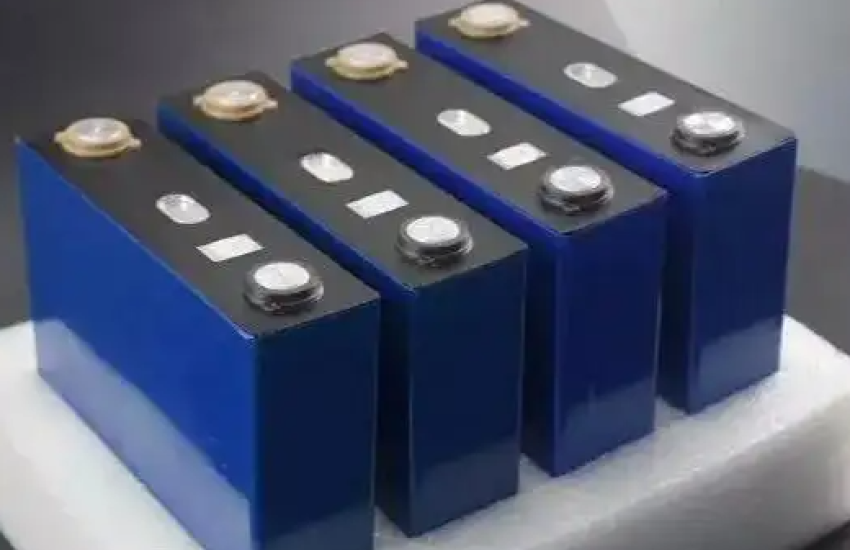Lithium-ion battery application and use precautions
These batteries are ideal for use in personal electric vehicles such as: e-scooters, e-bikes, ATVs, scooters, mopeds, motorcycles, electric vehicles. They can be used year-round in varying temperatures and other conditions. Also used in: boats with electric motors, forklifts, wheelchairs, vacuum cleaners, floor cleaners. But they are mostly used in power generation systems, such as wind and solar power, which are part of battery power plants, as well as emergency and autonomous power supply systems for hospitals, banks, weather stations and cellular stations.
It is not recommended to replace standard batteries in ordinary cars. In some places where low temperature is popular every year, it is forbidden to use it at your own risk. There are several reasons:
While this type of battery is immune to low temperatures and can hold a charge stably, it cannot be charged at low temperatures, which can lead to complete discharge and failure.
Since the maximum possible current is drawn when charging a discharged battery, the starter may not be able to withstand it and fail or overheat, significantly reducing its useful life.
Apart from low temperatures, it is not designed for high positive temperatures as its possible operation is only up to +50 C°. If it were installed in the standard location of the battery, it could generate temperatures of 60°C or more due to engine operation, which would lead to overheating and subsequent degradation and complete failure.
Due to high inrush currents (sometimes up to 700 A), it is impossible or economically unsuitable to install BMS protection systems and voltage balancing. Operation seems unreliable without these systems, and purchasing a system that can withstand this inrush current may exceed the cost of the battery itself.




